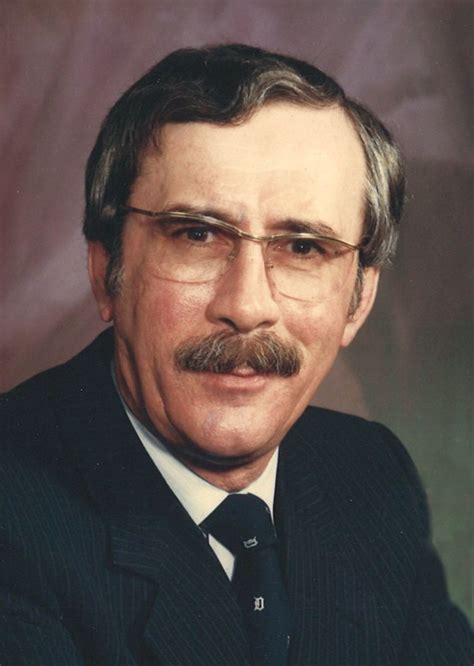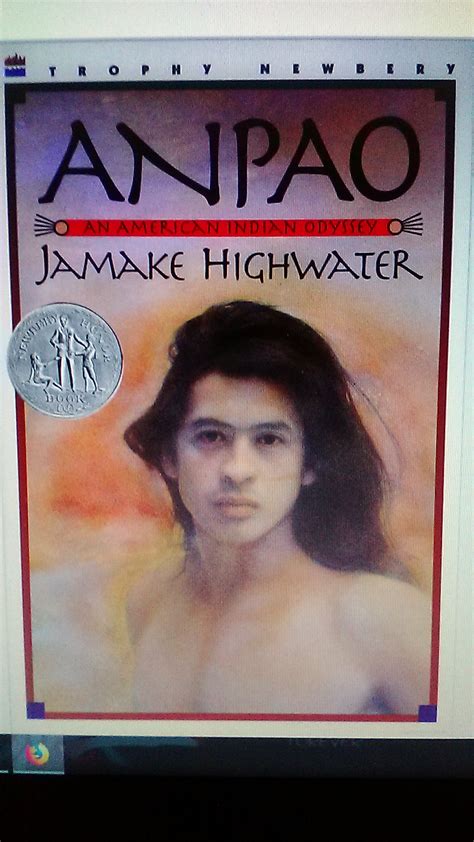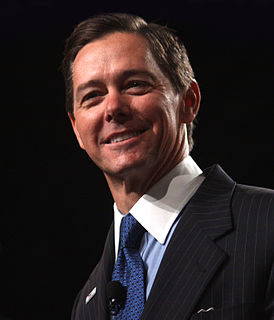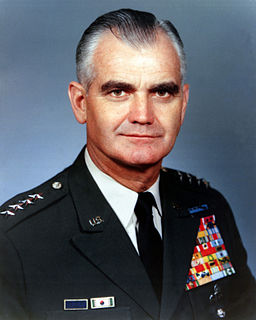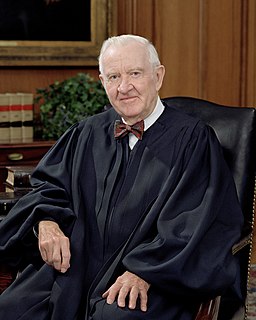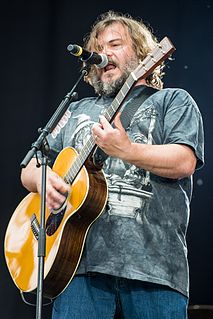A Quote by F. LaGard Smith
If there is anything that the ACLU hates more than censorship, it is any form of public religious expression.
Quote Topics
Related Quotes
Jerry Falwell knows who caused the terrorist attack on America: the ACLU. "The ACLU's got to take a lot of blame for this," he declared on the 700 Club, because, he explained, the ACLU, abetted by the federal courts is responsible for "throwing God out of the public square (and) the public schools." This is a familiar charge and a false one. God is still present in the public schools, where students are free to pray, alone or in groups, so long as their prayers aren't officially sponsored and don't infringe on anyone's freedom not to pray.
Today courts wrongly interpret separation of church and state to mean that religion has no place in the public arena, or that morality derived from religion should not be permitted to shape our laws. Somehow freedom for religious expression has become freedom from religious expression. Secularists want to empty the public square of religion and religious-based morality so they can monopolize the shared space of society with their own views. In the process they have made religious believers into second-class citizens.
We live in an age where there is both more expression and more self-censorship than existed even a decade ago. Alas, laws have immunized internet carriers from many of the usual rules that govern public dialogue. Rights must always stay ahead of technology to assure that constitutional protections apply to all forms of communication.
With each passing year, people of faith grow increasingly distressed by the hostility of public institutions toward religious expression. We have witnessed the steady erosion of the time-honored rights of religious Americans - both as individuals and as communities - to practice what they believe in the public square.
My religious convictions and scientific views cannot at present be more specifically defined than as those of a believer in creative revolution. I desire that no public monument or work of art or inscription or sermon or ritual service commemorating me shall suggest that I accepted the tenets peculiar to any established church or denomination nor take the form of a cross or any other instrument of torture or symbol of blood sacrifice.
Thanks in large measure to the ACLU, the belief that there is a wall of separation between faith and state, not just church and state, is endemic. The exercise of religious faith in the public square is not prohibited; only the federal imposition of a particular faith. Hardly anyone any longer knows the difference.
As a matter of constitutional tradition, in the absence of evidence to the contrary, we presume that governmental regulation of the content of speech is more likely to interfere with the free exchange of ideas than to encourage it. The interest in encouraging freedom of expression in a democratic society outweighs any theoretical but unproven benefit of censorship.




